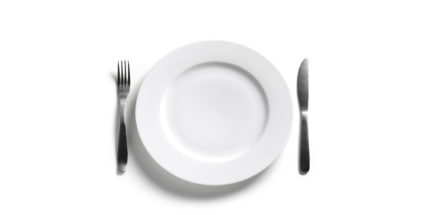Grumpy and out of sorts? Grab an apple. Or a carrot. Or a banana.
Repeat daily.
Eating plenty of fruits and vegetables seems to boost life satisfaction, mental well-being, and happiness, according to a new study.
Researchers analyzed the diet habits of 80,000 men and women in Britain.
The more fruits and vegetables they ate, the happier they were. Those who ate seven servings daily were happiest.
“I think it’s splendid to know that fruits and vegetables are likely to be good for your mental health as well as your physical health,” says researcher Sarah Stewart-Brown, MD, professor of public health at Warwick Medical School in the U.K. “It’s not surprising, as the two are related to each other.”
The research is to be published in Social Indicators Research.
Numerous studies have linked eating lots of fruits and vegetables with health benefits. Among them: a lowered risk for heart disease and cancer, and help withweight management and blood pressure control.
Less attention has focused on fruits, vegetables, and psychological well-being.
Stewart-Brown’s team looked at three different sets of data: the Welsh Health Survey of 2007-10, the Scottish Health Survey of 2008-09, and the Health Survey of England in 2008.
Each is a random sample of the population of the countries.
The 80,000 men and women answered questions about their daily intake of fruits and vegetables. They reported on exercise habits, employment, and whether they smoked.
They reported on their levels of life satisfaction, mental well-being, any mental disorders, happiness, nervousness, and feeling low.
Well-being linked to fruits and vegetables peaked at about seven portions a day, the researchers found.
It appears that ”the more you go from zero to seven or eight, the happier you will be,” says Andrew Oswald, PhD, professor of economics at the University of Warwick and a study researcher.
For the surveys, a portion was defined as about 3 ounces. A small apple, for instance, is about 5 ounces.
The study didn’t distinguish between types of fruits and vegetables, Oswald says. (No, French fries did not count as a vegetable.)
Quantifying the effect more precisely is difficult…
Read more: WebMD

